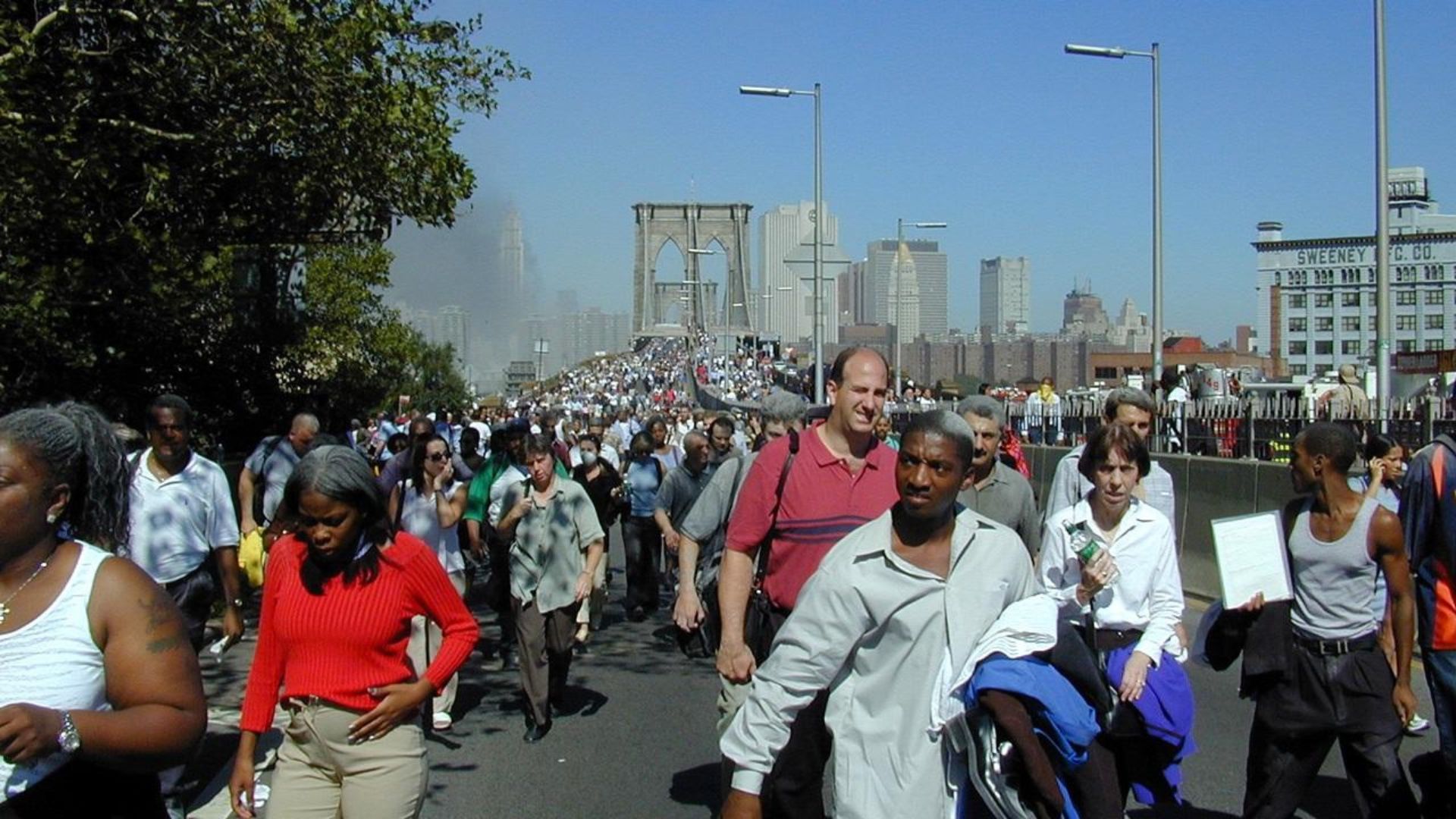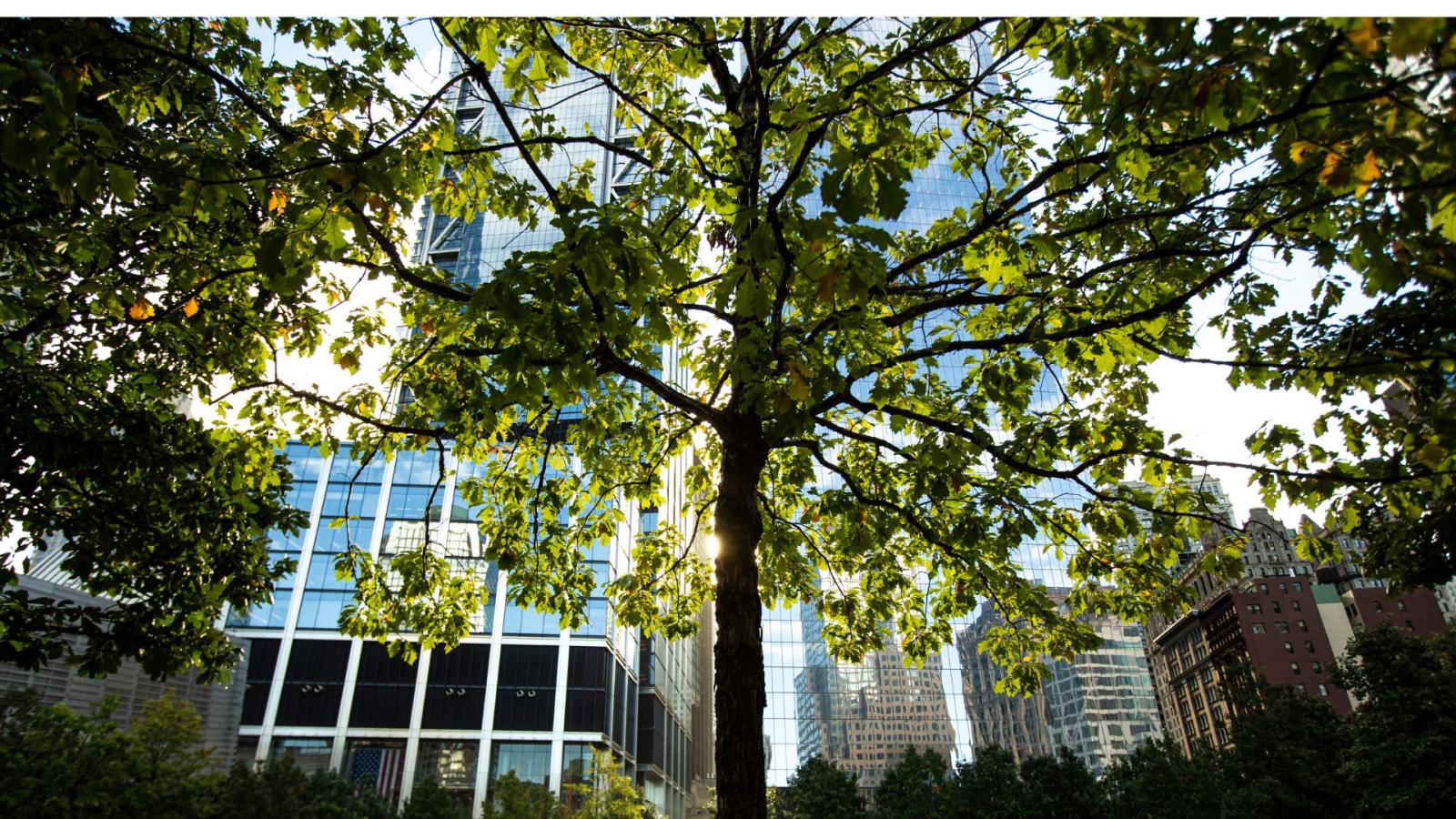Make a donation to the museum
Witnesses and Survivors
On 9/11, thousands of individuals were working or going to school in lower Manhattan. Thousands more called the neighborhood their home. The 9/11 Memorial & Museum recognizes the strength and resiliency of all those who survived the tragic attacks on September 11th and those whose lives were upended in the days and months that followed. Museum admission is complimentary for those in our witness and survivor community; plan your visit here.
9/11 Memorial Glade
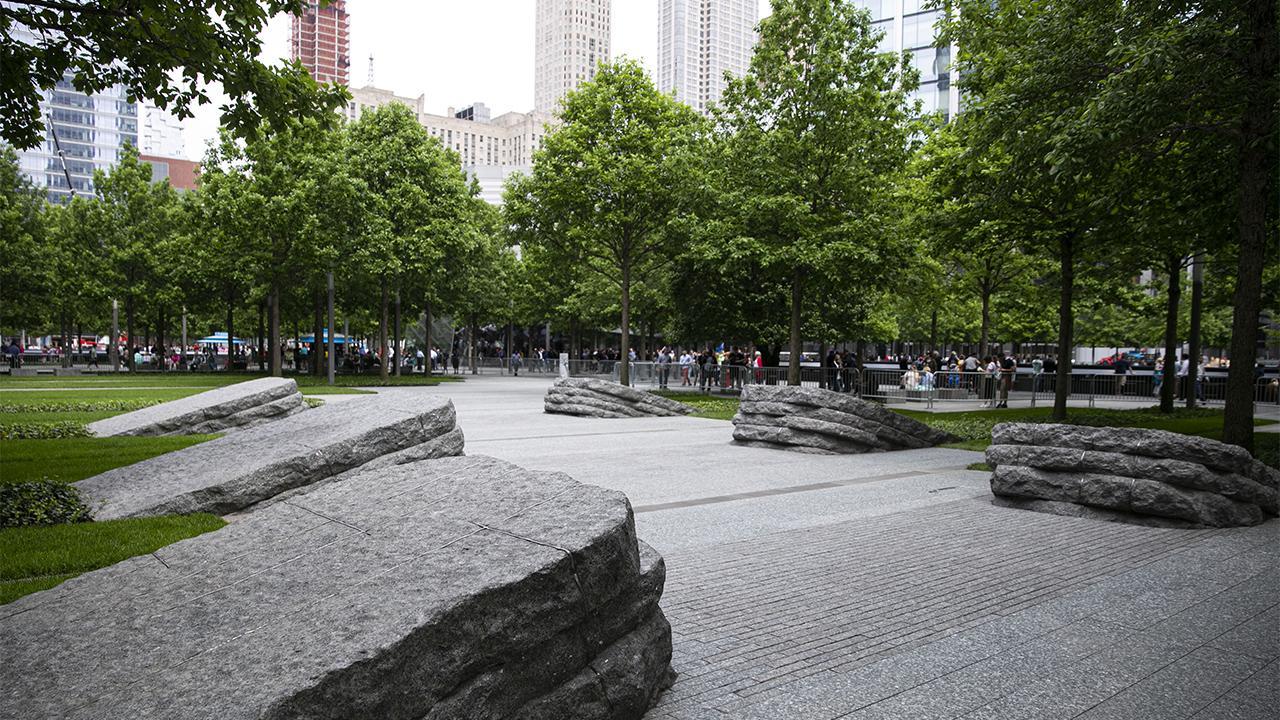
This dedicated space honors the ongoing sacrifice of rescue, recovery, and relief workers, and the survivors and members of the broader lower Manhattan community, who are sick or have died from exposure to hazards and toxins in the aftermath of 9/11.
May 30 Commemoration
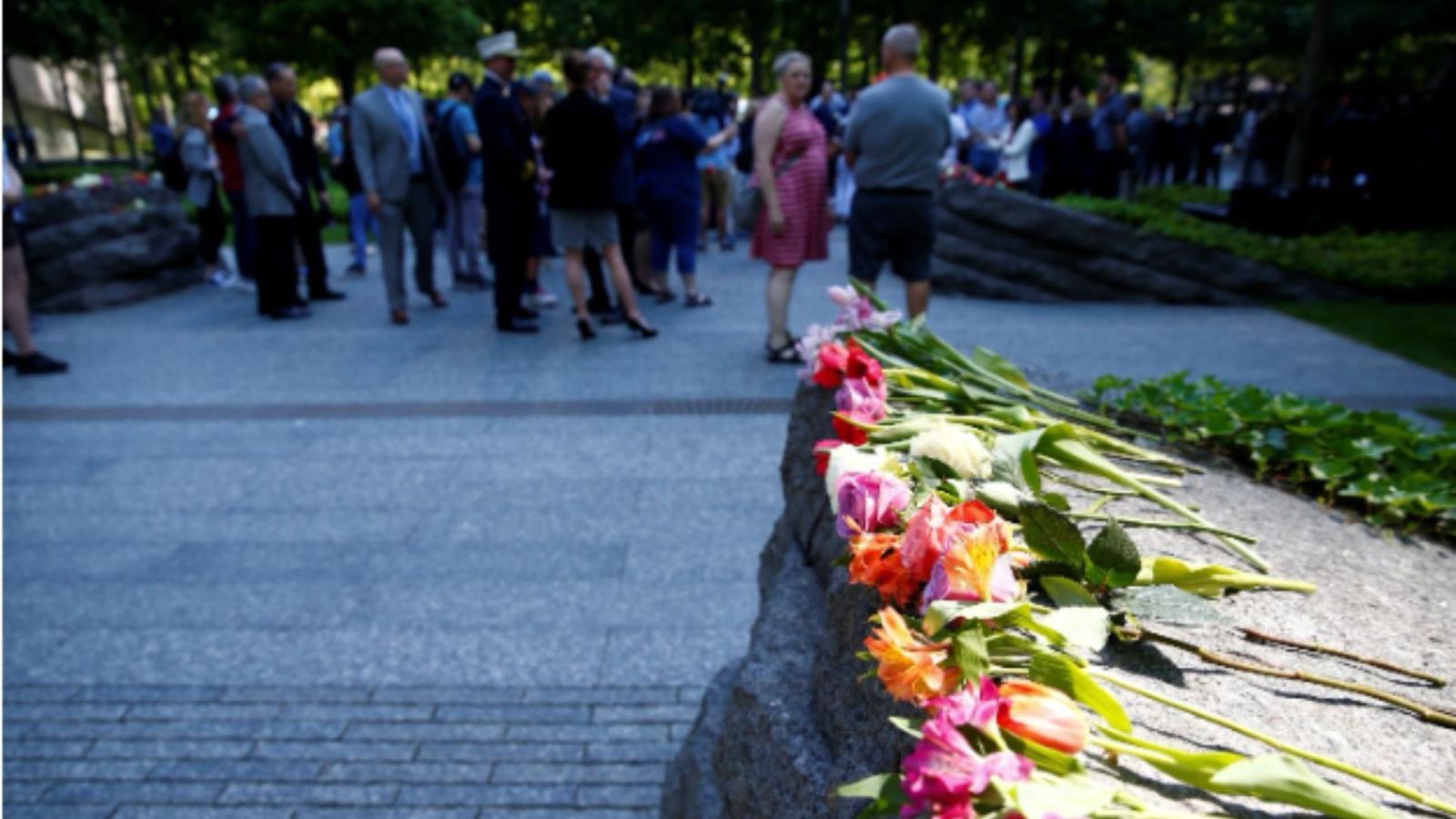
Each year, we commemorate the May 30 anniversary with a ceremony on the Memorial plaza, where we honor the courage and sacrifice of 9/11 rescue, recovery, and relief workers, commemorate those who have died due to 9/11-related illnesses, and recognize the spirit of survivors and members of the downtown community with a special ceremony. We also mark this anniversary with a series of programs and events.
Illness & Advocacy
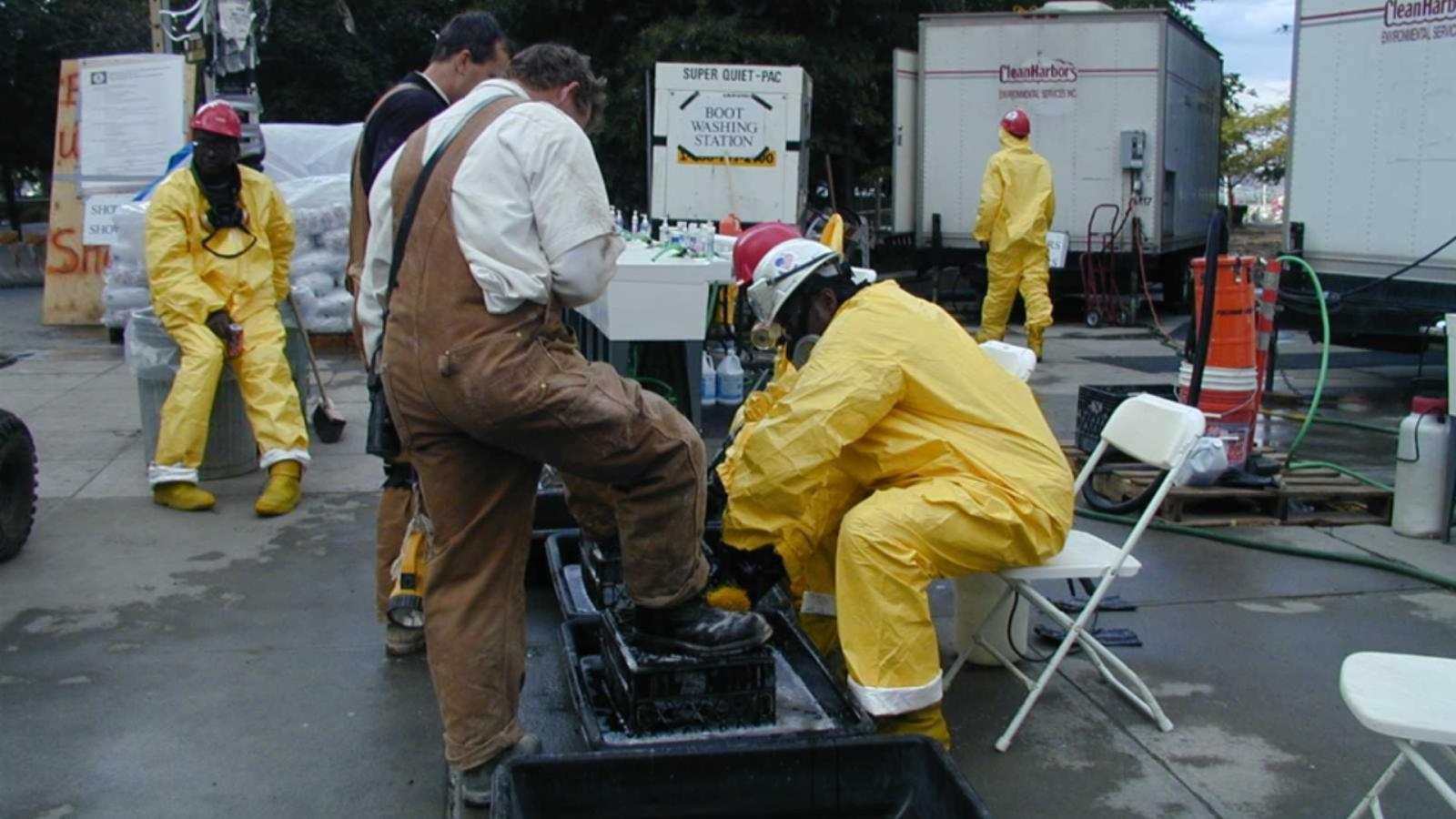
Hundreds of thousands of people in New York City, at the Pentagon, and at the crash site in Shanksville, PA were exposed to dust, debris, and traumatic events, and physically and emotionally stressful conditions on and after September 11, 2001. Over time, the WTC Health Program was created to provide medical monitoring and treatment for WTC-related health conditions. Use the button below for more information about the WTC Health Program and the advocacy efforts that led to its creation.
Witness and Survivor Stories
The strength and the resiliency of the witness and survivor community has inspired thousands. As part of our mission to never forget, sharing the stories of those who survived is imperative. Read more about the courage of those who continue to tell their stories below.
Inside the Collection
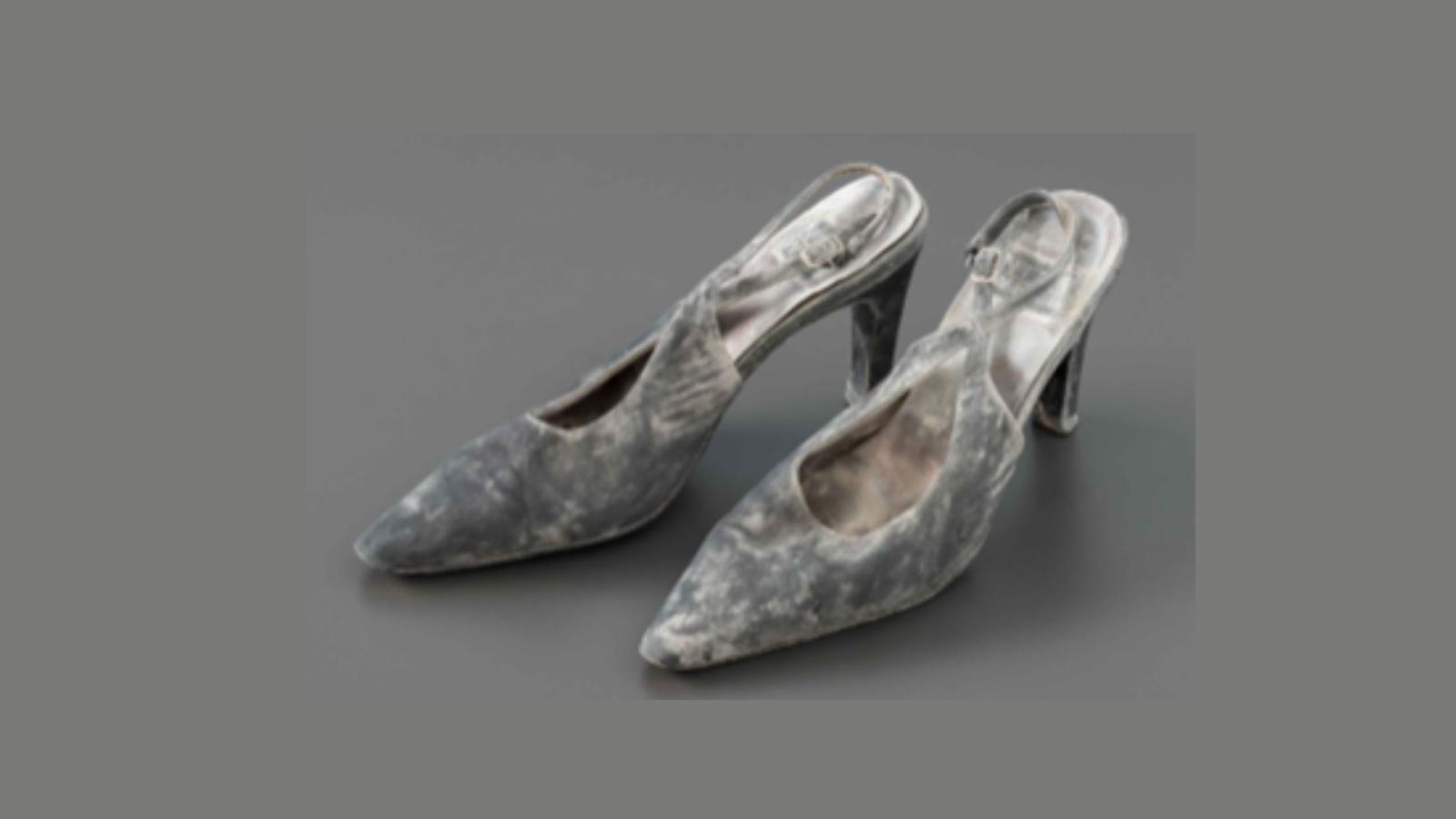
Above: May Davis Group employee Joanne "JoJo" Capestro began her evacuation on the 87th floor of the North Tower after experiencing what felt like an earthquake and smelling jet fuel. She began her descent with several colleagues and reached the street level just as the South Tower collapsed.
To learn more about the scope of the Museum’s permanent collection, please visit Inside the Collection, an online catalog with a searchable database of select objects. The database is continually growing to bring more of the Museum’s rich holdings to a wider audience.
Give to the Collection
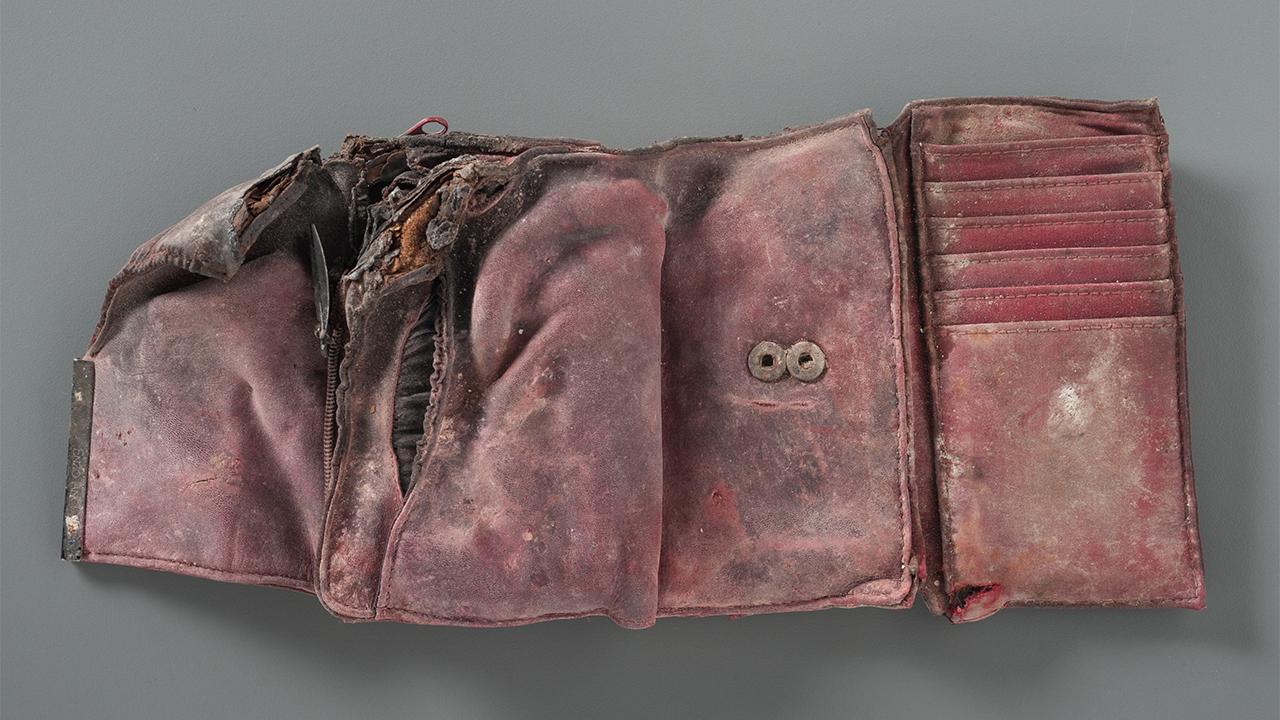
Above: Recovered red wallet belonging to Giovanna Galletta Gambale. The wallet is significantly damaged with encrusted dust and warped from exposure to the elements. There are scorch marks and soot stains on the fabric. Inside the wallet are several credit cards and paper receipts.
The Museum is actively accepting donations to the permanent collection. If you have objects, documents, or images of a historical or commemorative nature, or a story to share that you believe might be of interest to the Museum, please tell us about them by using the link below.
The Survivors' Stairs
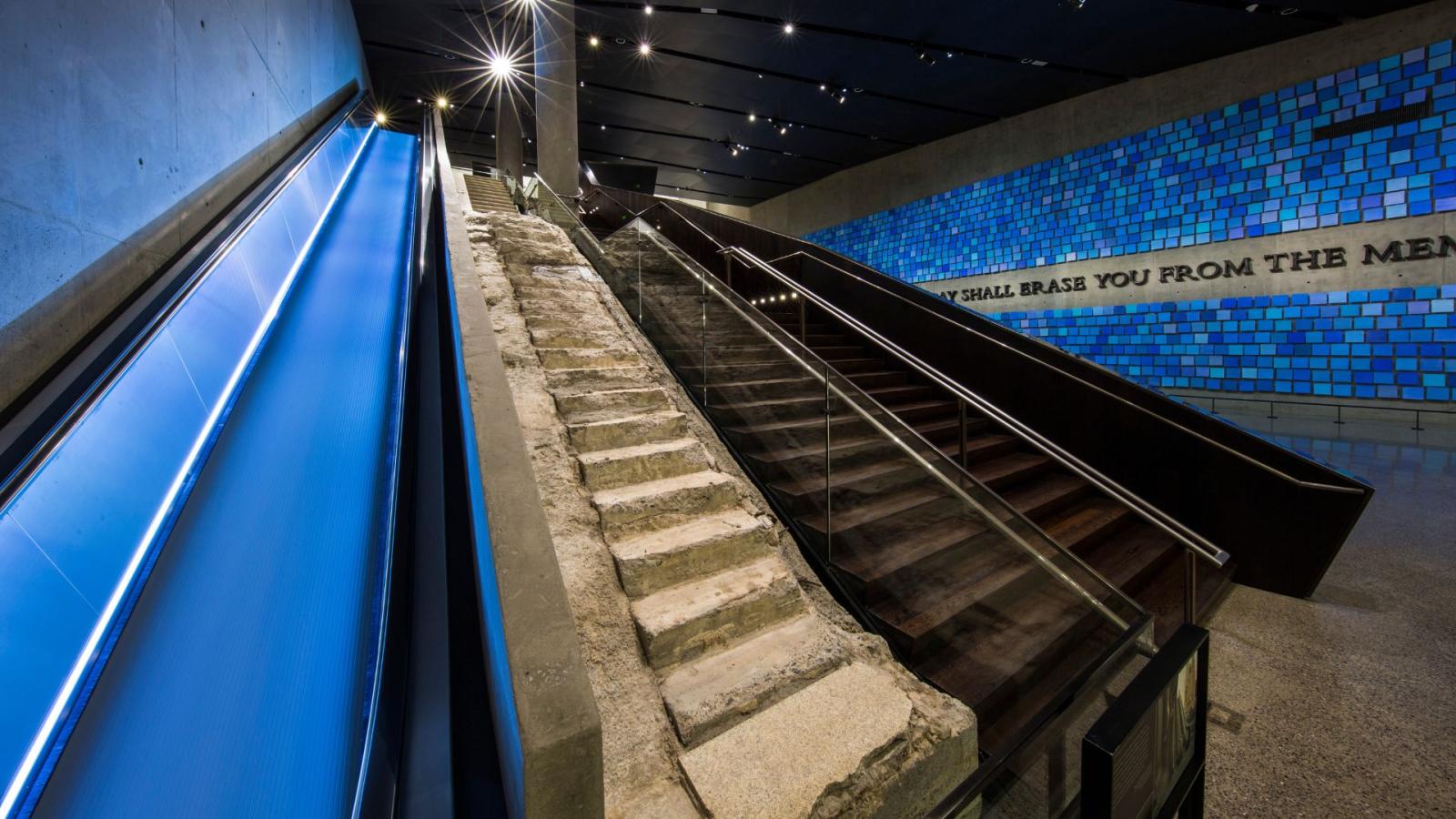
This historic stair was one of the last remnant of the North Tower to be cleared from the site and became a symbol of survival for tens of thousands who used stairs to escape the World Trade Center.
